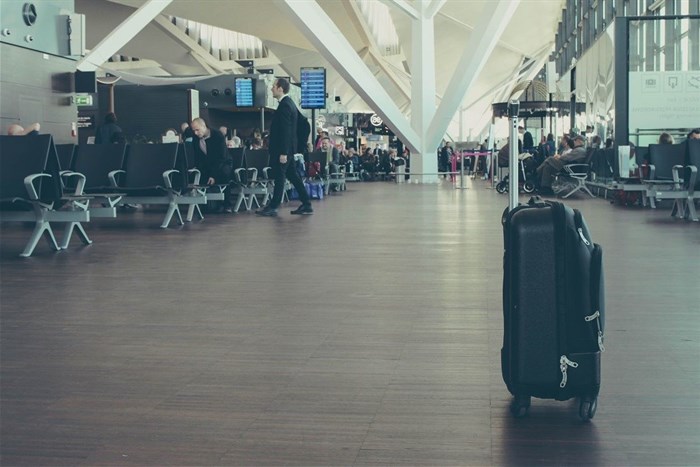Behind the scenes in tourism, an epic struggle is taking place: for industry professionals, the rising costs of fuel and other commodities are putting pressure on their businesses. Besides the challenge in business, locals are also finding it harder to budget for travel for the same reasons. The rand has been on a rollercoaster in 2018, leaving the entire economy in a precarious situation.
The tourism industry is no holiday
The economic stimulus package presented by President Ramaphosa sounds like it has potential, with tourism also garnering attention, but the concept of tourism isn’t an abstract one. Although some may consider it to be all about taking a break and chilling at the beach or in the wilderness, the entire sector is inextricably interwoven with the entire economy, with sectors as disparate as retail and even construction linked to it. Add to that supply chains and the stifling increase in commodities, vat, fuel from a supplier (industry) point of view, weighing the cost of doing business against a demand from the consumers who are also under pressure becomes problematic. Do tourism businesses add to the challenge consumers face and risk haemorrhaging more visitors?
Domestic tourism decline has been the biggest reason for the recent downturn in tourism numbers recently, the industry is on tenterhooks ahead of High Season, a period that traditionally enabled tourism businesses to balance their books and push ahead into the following year.
South Africa is running on empty
According to Bloomberg, South Africa’s other economic issues meant it is now one of the most expensive places in the world to be a motorist, stating that this challenge is exacerbated by how little income locals earn, and that we now spend more of our pay cheques filling up than any other nation except Mexico. Supply constraints from the Organization of the Petroleum Exporting Countries (OPEC), Venezuela's current political crisis, and renewed tensions between the US and Iran are behind the metaphorical “sneeze” that is giving South Africa a cold, bearing in mind that we are a net importer of fuel.
In the interim, there don’t appear to be many solutions. The choices are to bite the bullet and continue travelling or to remain at home and to enjoy exploring locally – a staycation. Travellers can make use of value-added offerings such as loyalty programmes – indeed, some loyalty programmes are directly linked to fuel – and tourism businesses would do well to consider such value-adds that don’t negatively impact profit margins.
According to Stats SA, locals do prioritise travel, even during a recession, so this is a hint that we will continue to see tourism taking place. The exchange rate is likely to put pressure on locals to travel locally rather than internationally to stretch their holiday bucks further, and the exchange rate remains favourable to international visitors.
Those who feel the rising costs of doing business most are the ones we’re looking to for job creation: SMEs run by entrepreneurs. It’s no secret that these businesses are under immense financial constraints, particularly in their early phase. These SMEs need to navigate their finances carefully and to take into account that there will be negative influences on their cash flow, or risk running out of money and having to close shop. The president is looking to tourism for increased contributions to the GDP and to the pool of jobs available, and he’s aware that SMEs will be the environment that most facilitates both of those hopes coming to fruition, but it’s not enough to sit back and hope the plan works itself out.
Sharing the load, adding value
Tourism businesses, whether SMEs or large enterprise ones, need economic sandbagging at this time, with support from government. We need to collaborate, partner and support one another – perhaps we can offset costs by sharing the load and adding value for visitors in this way, offering more experiences.
Not everyone can be an economist or an astute financial manager, but this is always a factor in weighing up a strategy that leads to profitability. The tourism professional must add this to a portfolio of skills to survive the lean times.
We believe that this sector is resilient enough to push through and achieve steady growth, and that visitors will continue to regard our attractions and experiences as world class, let’s ensure that we endure and press ahead despite the many challenges faced.









































